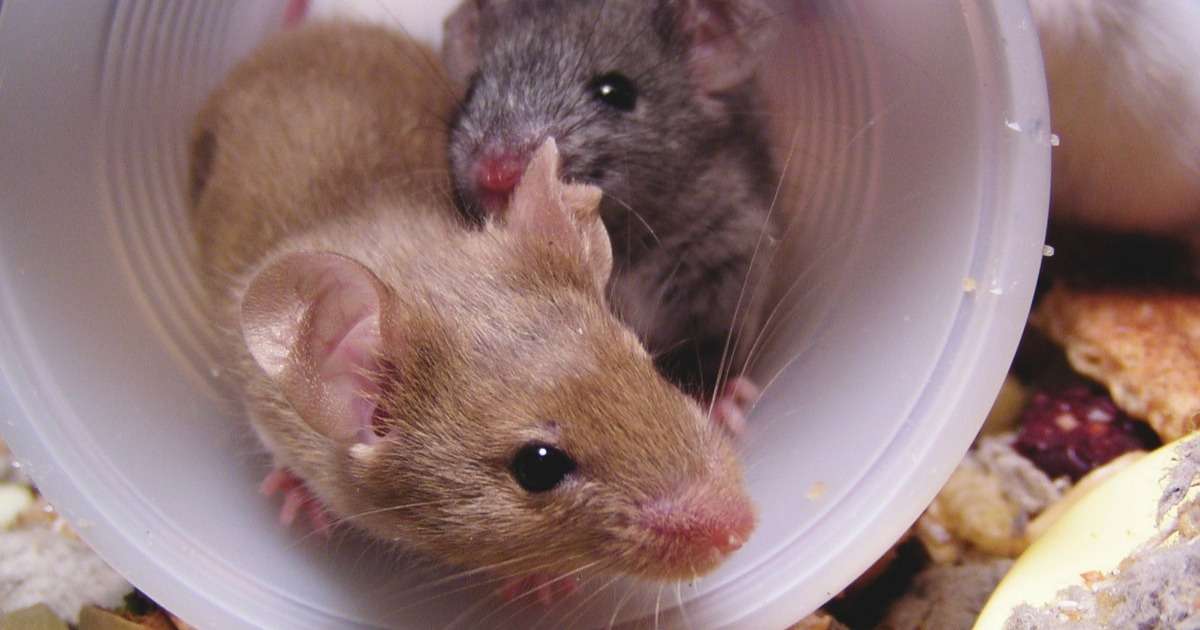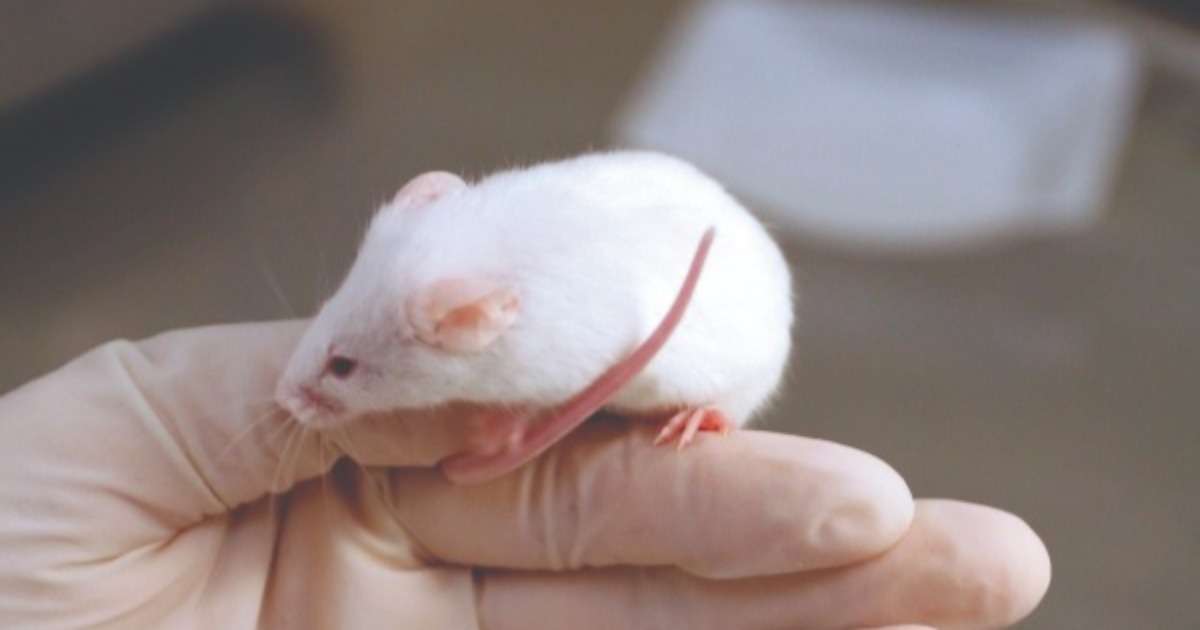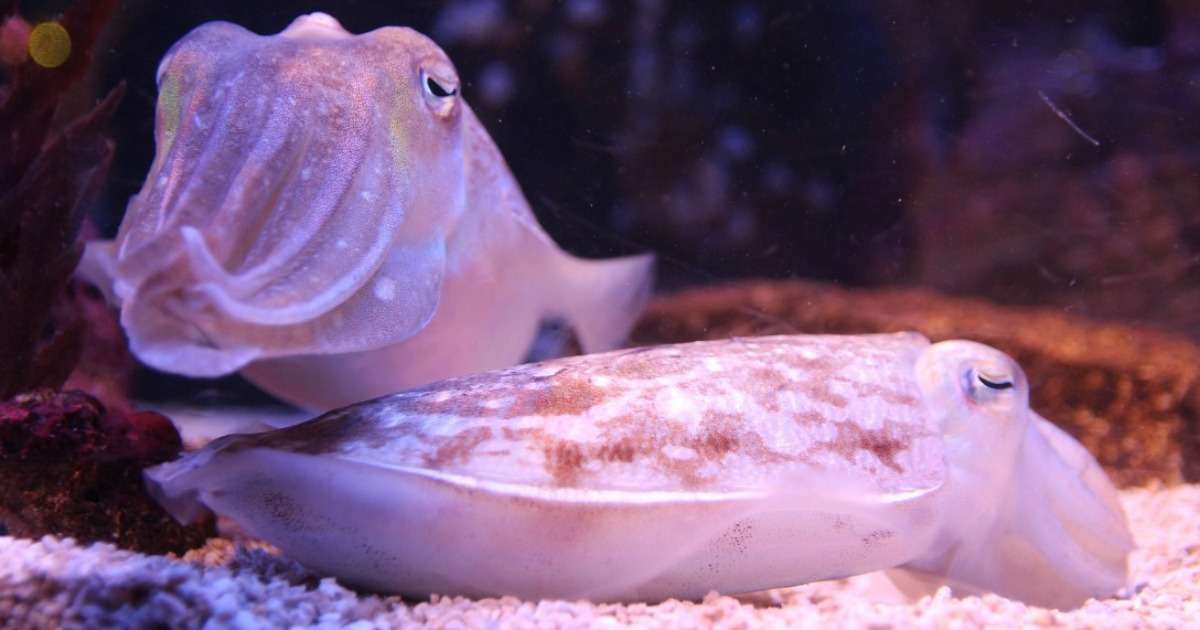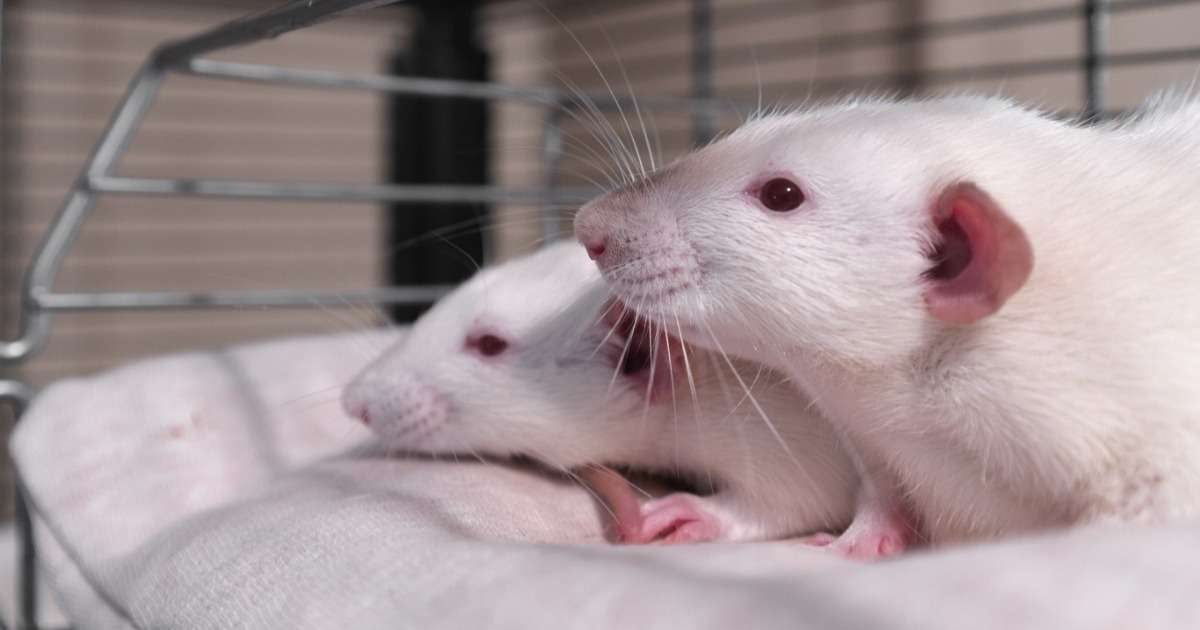Filter on
human behavior research categories

Observing and analyzing repetitive movements in infants to detect autism
To examine if a specific repertoire of repetitive movements was present in children with autism, researchers used home videos to code the behaviors of the infants.

Measuring consumer choice behavior
Two recent projects provide new insights into how best to measure the choices that we make.

The role of mimicry in the development of social communication
Children learn from interacting with others, especially their parents. For example, reproducing the emotions that others express is part of that.

Learn about people's behavior by observing them
An observation or usability lab allows researchers to observe test participants unobtrusively, in an environment similar to the participant’s natural surroundings.

Neuromarketing research: Innovative research methods and techniques
Get your face read, your brain measured, and your heart rate checked. Innovative research methods and techniques found their way into neuromarketing.

Creating a custom expression for Engagement: A validation study with FaceReader
The concept engagement is gaining more and more attention. Many companies are looking for ways to increase consumer engagement. But, how do you know a consumer is feeling engaged?

Emotional responses to winning a paralympic medal
Guest blogger Jeffrey J. Martin conducted a study to examine the emotional reactions of Paralympians right after winning a medal, using automated facial expression analysis.

Why a clear mask is essential for clearer communication
For people who are deaf or hard of hearing, it is essential to be able to see the movements of the mouth while communicating. With the help of clear masks they can access the full facial expressions.

Three ways to understand consumer emotions
Many companies are seeking ways to understand consumer emotions in order to predict product acceptability. Here are three ways you could set up your study to assess consumer emotions.

Behavioral coding: What and how
When you study human behavior, coding your data is the initial step to analyze data. Coding behavior enables you to evaluate your research questions and draw reliable conclusions.
Filter on
animal behavior research categories

Identification of an aphid resistance gene in Arabidopsis
Karen Kloth used EntoLab in her research on the genetic basis of plant resistance to aphids. Genome-wide association mapping of aphid behavior on 350 natural Arabidopsis accessions led to the discovery of a new gene.

High-throughput screening of beneficial insects
Jessica de Bruijn used EntoLab for automated high-throughput screening of parasitic wasps in individual olfactory 2-choice tests. Various behavioral parameters were measured to compute a memory retention index.

Identification of thrips resistance in Arabidopsis
Maarten Jongsma explains how he used EntoLab to facilitate insect choice assays and automate the acquisition and analysis of movement tracks. Two Arabidopsis accessions were tested for resistance to western flower thrips.

Decoding memories during day and night
Unraveling the role of protein synthesis in memory storage across the day and night in a mouse model - how researchers are gaining insights into sleep deprivation and its consequences.

CatWalk XT: Valid tool for objective gait analysis in TBI mice model
Many people suffer from TBI and consequently also long-term gait and motor function deficits. For this reason, functional outcome became the focus when developing new treatment strategies for TBI.

How to unravel the long-term memory of cuttlefish: automated video tracking
Did you know that cuttlefish have three hearts, have such an advanced vision that they can see what’s behind them, and can count to five?

The Internet of Things, LoRa, 5G, and measuring behavior
New techniques for connecting sensors will provide opportunities for researchers measuring behavior.

Learning how to use software for video tracking in animals
A couple of months ago, we had the pleasure to visit the University of Groningen to record a customer success story.

CFI Exceptional Opportunities Fund – COVID-19
The Canada Foundation for Innovation (CFI) has issued an Exceptional Opportunities Fund (EOF) in the fight against the coronavirus SARS-CoV-2, known as COVID-19.

Taking opioids during pregnancy: short- and long-term consequences in rats
Women worldwide are suffering from opioid addiction. Many receive so-called opioid-maintenance therapy using bup, but consequences for both mother and baby are largely unknown.
